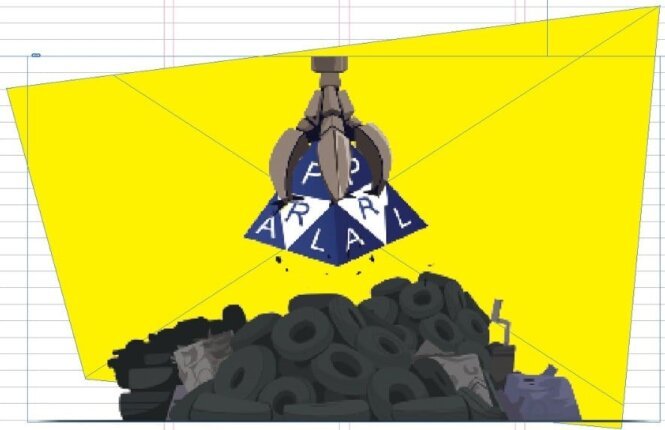Pakistan Revenue Automation Limited (PRAL), the IT backbone of the Federal Board of Revenue (FBR), is facing renewed turmoil after its CEO, Amir Malik, turned down a short-term extension offered by the board. Malik’s decision comes as the government weighs whether to dissolve or restructure the organisation, sparking unease among employees and stakeholders.
Malik’s three-year term ended in February 2025, after which the PRAL board gave him a six-month extension that now expires next week. Sources revealed that Malik declined to stay on temporarily, insisting that neither the board nor the FBR supported PRAL when Prime Minister Shehbaz Sharif ordered its closure.
Although the government later clarified that PRAL would be restructured instead of being shut down, the lack of clarity continues to unsettle staff. Several senior officials have already resigned, fearing for their job security.
PRAL plays a critical role in Pakistan’s tax system, handling taxpayer filings, payment deposits, and refund processing. Yet its reliance on obsolete hardware and legacy systems has drawn criticism. The STARR and FASTER refund systems still run on Oracle 8, despite a foreign loan in 2019 meant to upgrade infrastructure.
The PRAL management insists the organisation has been unfairly blamed for disruptions, arguing that delays in decision-making and recruitment of key professionals have worsened operational challenges. They had proposed hiring senior experts, including heads of software development and platforms, but approvals were delayed.
In a statement, the PRAL board assured taxpayers that all current services would remain uninterrupted during the restructuring process. The transition, they said, would be gradual and well-coordinated as part of FBR’s wider digital transformation agenda.
Meanwhile, FBR has extended the income tax return filing deadline to October 31, 2025, to ensure stability during this uncertain phase. A senior FBR official confirmed that the government plans to hire a new full-time CEO from the market, and Malik will also be eligible to apply for the post.
With PRAL at the centre of Pakistan’s tax automation system, the coming weeks will be critical in determining whether the organisation emerges strengthened through restructuring or weakened by uncertainty.




